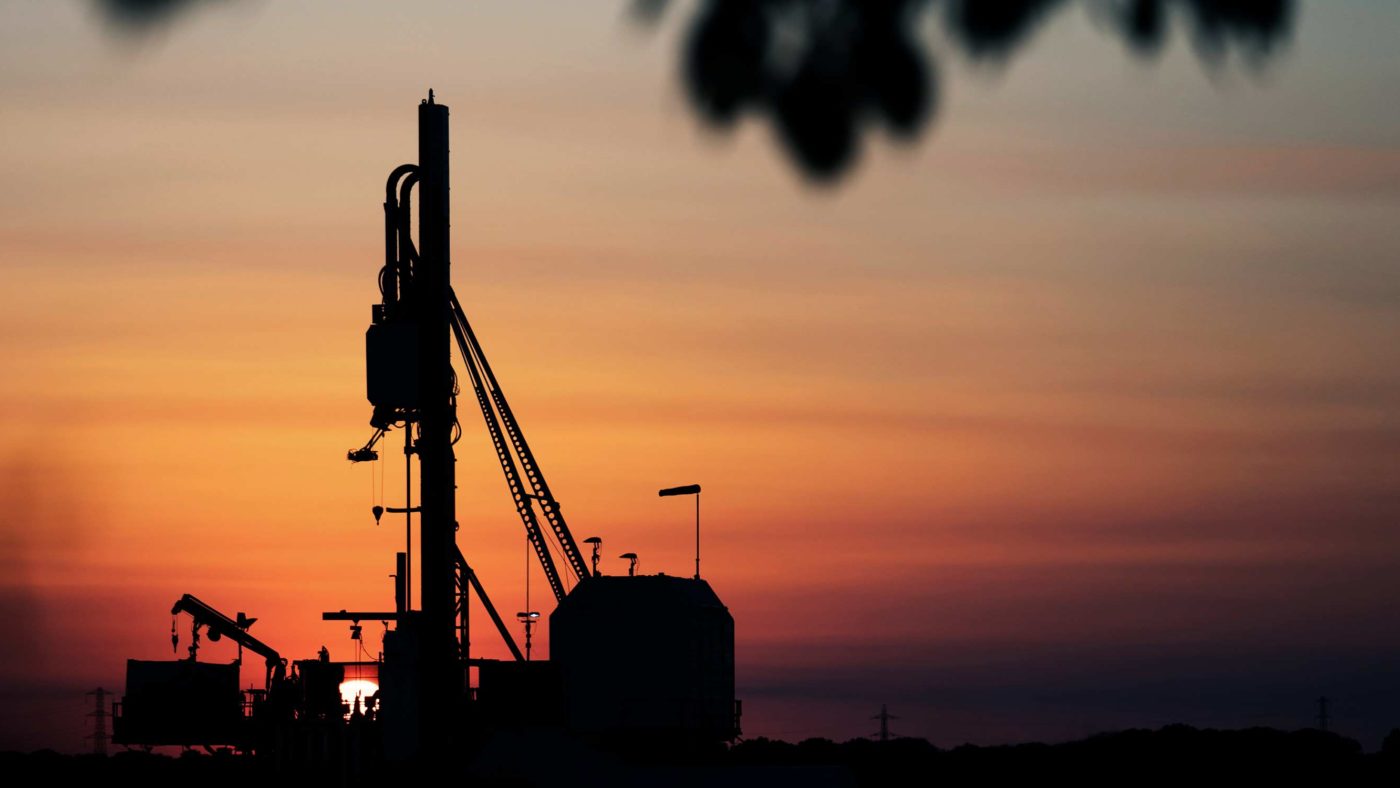The shale revolution in the United States has been of huge significance. Not only is that nation meeting its own energy needs but it has started exporting both oil and gas. It is astonishing to consider that only a decade ago few had heard of shale. Yet the technique of hydraulic fracturing — “fracking” — to capture the natural gas trapped in shale rock has proved to be a huge breakthrough. It means drilling horizontally into rock deep underground, then blowing cracks in the rock to allow gas to escape.
There is no reason why the rest of the world shouldn’t get fracking, including the UK. But not everyone is keen. Labour’s 2017 election manifesto proposed a complete ban. The Scottish Government has been wavering over its own ban — the “moratorium” currently in place seems to amount to the same thing in practice.
Greta Thunberg, the 16-year-old Swedish school pupil, last week told MPs that the UK’s “active current support” for the UK shale gas fracking industry “is beyond absurd.” None of the MPs challenged this comment or any of her other remarks. They all agreed, or pretended to agree, with everything she said. I would have thought that patronising her is far more insulting than challenging her errors and having a vigorous and honest debate. Is there anything more cringe-making that politicians fawning over teenagers?
Then a few days later came news that the former Labour MP, Natascha Engel, had resigned after just seven months as the Government’s shale gas commissioner. She said that it was clear to her that “fracking was the only way to reduce our carbon emissions at any sort of scale.”
In an article for The Times she wrote:
“Properly regulated, the process is as safe as any other drilling industry. Over a million wells have been fracked in the US in 20 years with no reliable evidence of systemic health problems or pollution. More important, fracking is an essential element in any transition to a renewable future. The scale of that ambition is not generally recognised. If asked, people tend to say about a third of our energy is currently supplied by wind and solar. The real answer is less than 5 per cent.
“So disregard the fact that wind and solar need fossil fuel power to back them up in times of calm and cloud — renewables currently provide a negligible amount of energy required. Getting from 5 per cent to 100 per cent renewable energy requires a transition strategy. Fracked gas with half the emissions of coal is the solution to that. If environmental groups really cared about reducing carbon emissions quickly, they would be fracking’s biggest supporters.”
Owen Patterson, former Environment Secretary, agrees with Engel, lamenting the “ridiculous rules stopping fracking every time a microtremor is recorded. These are barely noticeable.”
Under current rules, drilling must be stopped for 18 hours if it triggers earth tremors above a 0.5 magnitude. Sir Jim Ratcliffe, the Chairman of the chemicals giant Ineos said it was “shutting down shale by the backdoor”. He pointed out a 4.0 Richter scale limit is allowed in the United States.
Another obstacle in the UK has been the very long planning delays. These regularly run beyond the statutory deadlines but no action is taken.
While the environmental case for shale is important, the economics matter as well. Ratcliffe argues that fracking could particularly give an economic boost to parts of the north — with Lancashire leading the way. In America, the price of gas has fallen by more than 60 per cent, providing a renaissance in manufacturing investment. It is estimated that shale contributes 0.5 percentage points a year in extra GDP in the US — and will continue to do so for several years to come. And the fall in domestic fuel prices helps the poorest the most.
Then there are the geopolitical considerations. Lord Lawson, the former Chancellor of the Exchequer, says: “For decades, the West in general, and the US in particular, has had to shape, and sometimes arguably to misshape, its foreign policy in the light of its dependence on Middle East oil and gas. No longer: that era is now over. For decades, too, Europe has been fearful of the threat that Russia might cut off the gas supplies on which it has relied so heavily. No longer: that era will very soon be over, too. Thanks to the shale gas revolution, the new found energy independence of the West is a beneficent game-changer in terms of world politics as much as it is in the field of energy economics.”
It is not hard to see why energy independence is an important issue for Ukraine. In that country the shale reserves are huge, although delays by the Government have been frustrating.
What is needed in the UK on this issue and so much else is leadership. The Government should seek to lead public opinion by confronting the scare-mongering and setting out the case for shale. It needs the courage to tell the demonstrators that they are wrong in their environmental prescriptions. And that shale is part of the solution, not part of the problem.
Some excuse the Government’s timidity by saying that “Brexit has taken up the bandwidth”. Or they note the House of Commons arithmetic. I suspect that any Government with Theresa May as Prime Minister would be pretty timid under any circumstances. But the next Prime Minister must be bolder. Dithering and virtue signalling must be cast aside in favour of honesty about the choices we face — not least over our future energy supply.
CapX depends on the generosity of its readers. If you value what we do, please consider making a donation.


